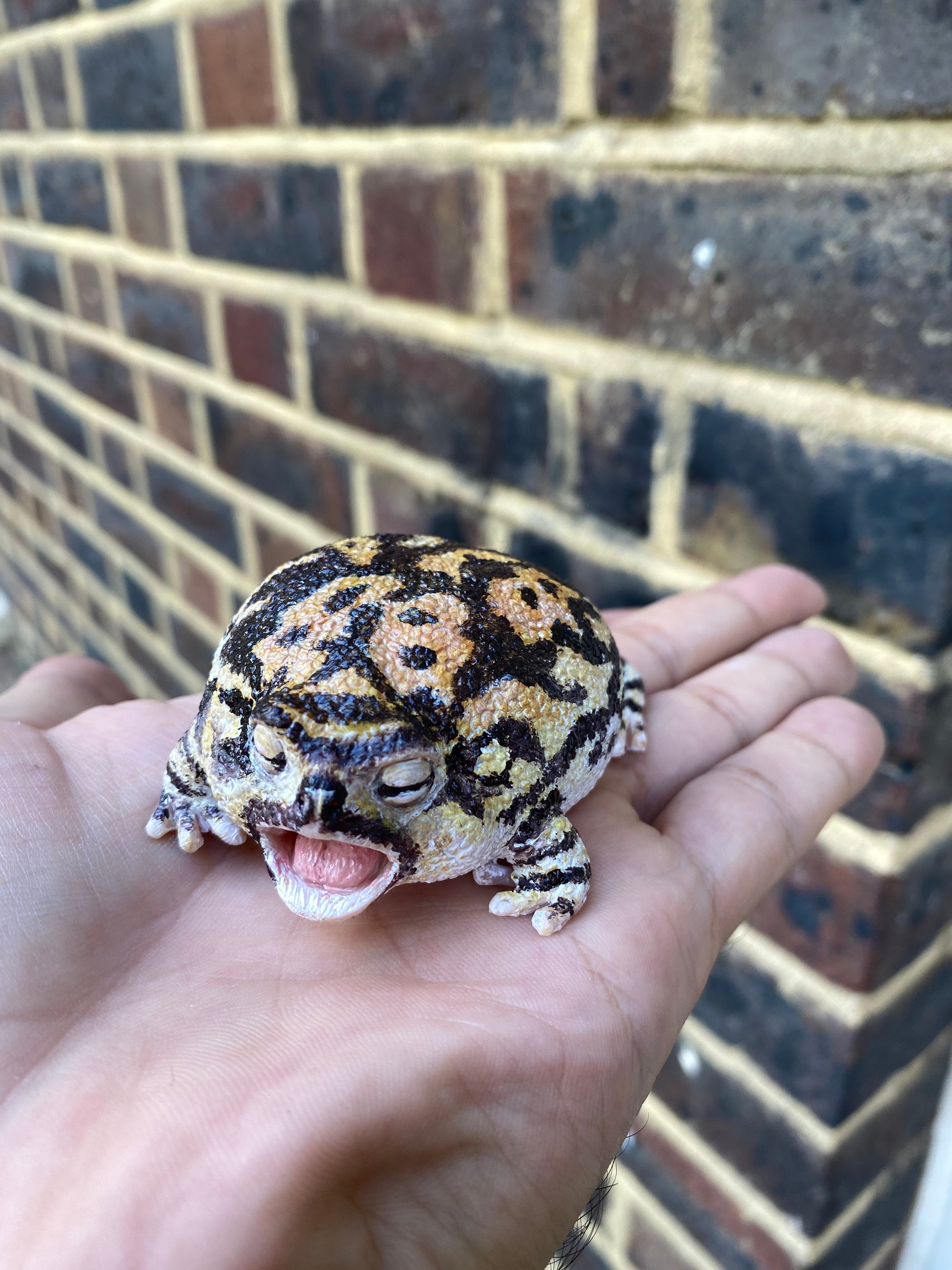Check Out Rain Frog for Sale: Raise Your Family Pet Video Game with a Special Amphibian Close Friend!
Check Out Rain Frog for Sale: Raise Your Family Pet Video Game with a Special Amphibian Close Friend!
Blog Article
Common Wellness Issues in Reptiles: Signs And Symptoms and Solutions
In the elaborate globe of reptile treatment, recognizing the typical wellness problems that might affect these unique creatures is extremely important in guaranteeing their wellness. From breathing infections that can silently hold to metabolic bone diseases that can disable, reptiles are vulnerable to a variety of conditions that need keen observation and prompt treatment. Whether it's facing parasitic invasions, browsing dehydration problems, or attending to skin disorders that materialize in subtle methods, being attuned to the signs and outfitted with the knowledge of reliable solutions is vital for any kind of reptile owner. By delving additionally into the nuances of these health problems and exploring the practical treatments available, one can protect the wellness and vigor of these remarkable pets.
Breathing Infections
Breathing infections in reptiles can significantly affect their total health and wellness and need punctual focus from knowledgeable vets. In reptiles, breathing infections can be particularly testing to diagnose and deal with due to their distinct anatomy and physiology.
Therapy for respiratory infections in reptiles typically includes a combination of encouraging care, such as keeping appropriate moisture degrees and temperature level slopes in the enclosure, as well as targeted medication to deal with the particular pathogen responsible for the infection. It is essential for reptile owners to check their pets closely for any kind of signs of respiratory distress and seek vet treatment at the earliest sign of an issue. With prompt treatment and appropriate therapy, several reptiles can recover fully from respiratory infections and return to typical tasks.

Metabolic Bone Illness
What aspects contribute to the growth of Metabolic Bone Disease in reptiles?
Metabolic Bone Disease (MBD) in reptiles is mostly triggered by an absence of correct calcium, phosphorus, and vitamin D3 levels in their diet regimen. When reptiles do not obtain sufficient calcium, either through their food or proper UVB direct exposure for vitamin D3 synthesis, they are at a high threat of creating MBD. Reptiles with diet plans reduced in calcium or unbalanced calcium to phosphorus proportions are specifically susceptible. In addition, insufficient direct exposure to UVB light prevents reptiles from synthesizing vitamin D3, which is vital for calcium absorption and bone health and wellness.
Insufficient humidity degrees can additionally affect a reptile's capability to metabolize calcium properly. Routine veterinary examinations, appropriate husbandry methods, and a well balanced diet regimen are crucial to protect against Metabolic Bone Condition in reptiles.
Parasitical Problems
Parasitical invasions position a significant health and wellness threat to reptiles, impacting their total health and calling for timely vet attention. Reptiles can be impacted by different parasites, consisting of mites, ticks, interior worms, and protozoa. These parasites can cause a range of signs, such as fat burning, lethargy, skin irritability, diarrhea, and also death if left neglected.
One common parasite located in reptiles is the mite, which can cause skin anemia, stress and anxiety, and irritation. Ticks are one more external bloodsucker that can transmit conditions and trigger pain to the reptile. Inner parasites like worms and protozoa can lead to digestive system problems, malnutrition, and weaken the reptile's immune system.
To identify a parasitic infestation, a vet may execute fecal tests, skin scrapings, or blood examinations. Therapy often entails deworming drugs, antiparasitic bathrooms, or in serious situations, a hospital stay. Preventative actions such as regular vet exams, appropriate health, and quarantine procedures for new reptiles can help additional resources reduce the risk of parasitic infestations and make certain the health of reptile family pets.
Dehydration and Hydration Issues
Dehydration in reptiles can significantly influence their health and well-being, original site necessitating prompt treatment and ideal hydration monitoring. Reptiles are prone to dehydration as a result of different aspects such as poor water consumption, high environmental temperatures, and particular health and wellness problems. Signs and symptoms of dehydration in reptiles include sunken eyes, sleepiness, loss of skin elasticity, and minimized peeing. If left untreated, dehydration can result in serious health and wellness problems and also be fatal to the reptile.
To stop dehydration, reptile proprietors need to make sure that their pets have access to tidy water at all times. The water recipe need to be huge enough for the reptile to soak in if required, specifically for species that soak up water with their skin. Additionally, preserving proper moisture degrees in the reptile's unit and giving regular bathrooms can aid stop dehydration.
In situations of dehydration, it is crucial to seek veterinary treatment promptly. A vet might carry out fluids either by mouth or via shots to rehydrate the reptile. It is important to deal with the underlying root cause of dehydration to avoid recurrence and make sure the reptile's general health.
Skin Disorders

Conclusion

Respiratory system infections in reptiles can significantly affect their overall wellness and require timely attention from seasoned veterinarians (rain frog for sale). Preventative actions such as regular veterinary exams, correct health, and quarantine procedures for brand-new reptiles can assist lessen the threat of parasitical invasions and ensure the health of reptile pet dogs
If left unattended, dehydration can lead to major wellness issues and also be fatal to the reptile.
Routinely evaluating your reptile for any changes in skin appearance, look, or color can help in very early discovery and therapy of skin conditions, advertising the total wellness and well-being of your scaly buddy. - rain frog for sale
In verdict, reptiles are prone to different wellness issues such as breathing infections, metabolic bone condition, parasitical infestations, dehydration, and skin conditions.
Report this page